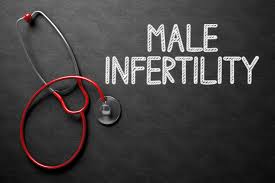
Spreading awareness on the rare blood disorder, Haemophilia

Imagine living your life in fear of bleeding to death, because of an inherited bleeding disorder called, Haemophilia.
This is what people who suffer from this rare blood disorder go through on a daily bases, having Haemophilia means that you do not produce enough blood protein that is important for blood clot formation.
This is why the Namibian Haemophilia Foundation (NamHF) brought patients, doctors, families, and friends together on 17 April to commemorate World Haemophilia Day, to spread more awareness about the disorder, and to help patients, doctors, nurses, medical personnel and families understand more about the disorder.
Dr. Ester Kalambi-Matengu said even though the is a small multi-disciplinary team, the Foundation when we visited other countries like South Africa realised that they also started small. “But they continued to grow one patient at a time, one doctor at a time, one multidisciplinary member at a time, and eventually they became a big Haemophilia center, where patients can come and feel comfortable that they are being treated by people who know their condition,” she added
Hopping for a bright future for the Foundation, Dr. Kalambi-Matengu said that 10 or 20 years from now the children with Haemophilia in Namibia today, when they become parents, will say when we were children the Foundation was just a small group of people, but know our children have much better access to treatment and much better support systems than when we had back than,” she added. “This will be achieved if the Foundation continues to grow and move in a positive direction and a forward trajectory,” she emphasised.
Most of the patients and families were in agreement the support and treatment they are getting are much better now. They agreed that when they go to the hospital now, the medical staff do have a clue about what Haemophilia is and they know how to handle and treat patients.
Haemophilia is inherited, meaning that it is passed on to an unborn child through a parent’s genes the signs of Haemophilia is bleeding from anywhere in the body, and treatment options include clotting factors concentrates, bypassing agents, non-factors replacement therapies, and get therapy amongst a few.













































